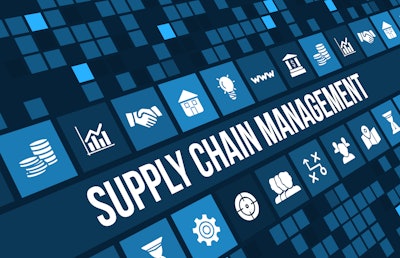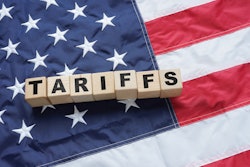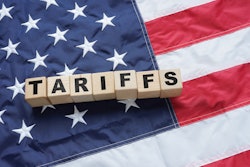
West Monroe’s Quarterly Supply Chain Poll mirrors what West Monroe hears from clients: Leaders are acting quickly to meet immediate demands, but without long-term policy clarity, they're avoiding fundamental changes.
"Most companies are responding to trade pressures with surface-level, defensive moves in their supply chains—not full-scale reinvention. The reality is, their changes have had to be flexible enough to reverse if the policy shifts—because it has and probably will again," says Jeremy Tancredi, partner in West Monroe's supply chain practice.
Key takeaways:
- Tariffs jumped 12 points in impact from Q1 to become the most-cited issue, overtaking cybersecurity. Cost of materials rose 6 points.
- Most respondents are making changes that can easily be undone: 56% adjusted their product and sourcing mix, and 50% changed their transportation mix. Less popular: passing along increased cost to customers (35%) or altering geographic presence (25%).
- The number of leaders ranking it as their top priority nearly doubled to 14%—up three spots from Q1—reflecting the need for optionality. The top priority is now cost containment, tied with inventory management, at 20%.
- Nearly half (46%) say they adjust supply chain strategy within one week of a policy shift; 17% respond within 48 hours. The types of changes that can be made in this timeframe are not structural in nature, but surface-level—reflecting short-term responsiveness to the latest situation or policy shift.
"Leaders are optimizing operations and cutting costs to preserve whatever margin they can—because frequent pivots in sourcing, logistics, and the ongoing negotiations of tariff surcharges can quickly squeeze cash flow," said Brian Pacula, partner in West Monroe's supply chain practice.



















